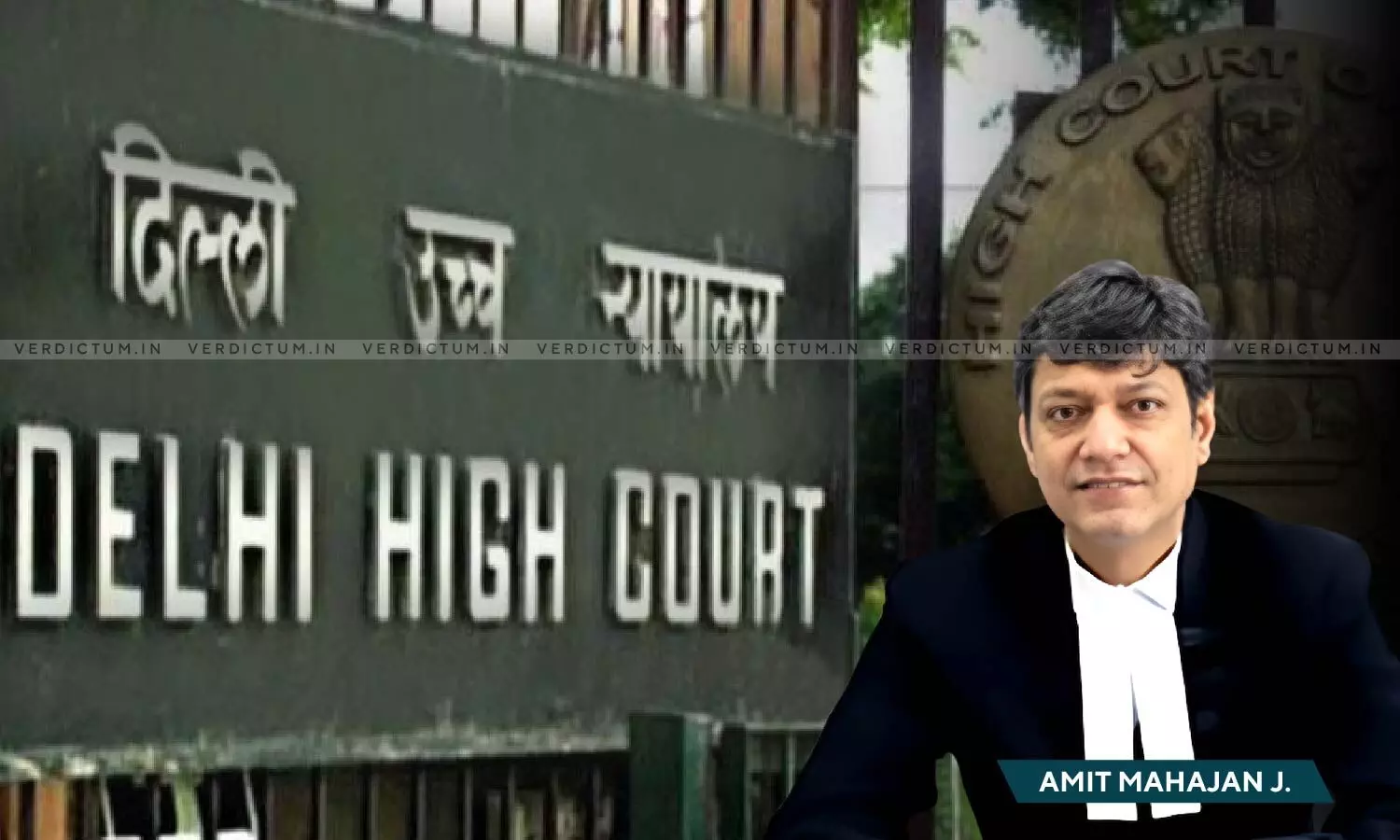
Would Cause Undue Disturbance In Their Happily Married Life: Delhi HC Quashes POCSO Case
 |
|The Delhi High Court quashed a POCSO case after noticing that the parties entered into a settlement and are now 'happily married'.
The Court was hearing a Petition seeking quashing of FIR registered for offences under Section 363 of the IPC, 1860. Chargesheet was filed under Sections 363, 366 and 376 of the IPC as well as under Section 6 of the Protection of Children from Sexual Offences Act, 2012.
The bench of Justice Amit Mahajan observed, “the continuance of the proceedings would only cause undue disturbance in the happily married life of the Petitioner and Respondent No. 3.”
Advocate Tushar Arora appeared for the Appellant and APP Sunil Kumar Gautam appeared for the Respondent.
Brief Facts-
In the present case, Respondent No. 2 filed an FIR alleging that his elder daughter, aged 15, went to tuition but didn’t return. Later, he received calls from her informing that she was with the accused. The FIR accused the Petitioner, a neighbour, of luring her away. Upon her return, however, Respondent No. 3 clarified that she left voluntarily and, in a statement under Section 164 CrPC, confirmed she married Tausif willingly. She also informed that her birth certificate showed she was around 17 at the time.
The Court mentioned the decision in Narinder Singh & Ors. v. State of Punjab (2014) and quoted, “When the parties have reached the settlement and on that basis petition for quashing the criminal proceedings is filed, the guiding factor in such cases would be to secure: (i) ends of justice, or (ii) to prevent abuse of the process of any court. While exercising the power the High Court is to form an opinion on either of the aforesaid two objectives. Such a power is not to be exercised in those prosecutions which involve heinous and serious offences of mental depravity or offences like murder, rape, dacoity, etc. Such offences are not private in nature and have a serious impact on society. Similarly, for the offences alleged to have been committed under special statute like the Prevention of Corruption Act or the offences committed by public servants while working in that capacity are not to be quashed merely on the basis of compromise between the victim and the offender.”
The Court further relied on the Supreme Court decision in Parbatbhai Aahir v. State of Gujarat (2017) and quoted, “Heinous and serious offences involving mental depravity or offences such as murder, rape and dacoity cannot appropriately be quashed though the victim or the family of the victim have settled the dispute. Such offences are, truly speaking, not private in nature but have a serious impact upon society. The decision to continue with the trial in such cases is founded on the overriding element of public interest in punishing persons for serious offences.”
The Court said, “the continuance of the proceedings would only cause undue disturbance in the happily married life of the Petitioner and Respondent No. 3.”
The Court also said that no useful purpose would be served by keeping the dispute alive and continuance of the proceedings would amount to an abuse of the process of Court.
Accordingly, the Court quashed the FIR and the consequential proceedings.
Finally, the Court allowed the Petition.
Cause Title: Mohd. Tausif Khan v. State Govt. Of NCT of Delhi
Appearance:
Appellant: Advocates Tushar Arora, Sarthak Katyayen, Sanjeev & Mohit
Respondent: APP Sunil Kumar Gautam